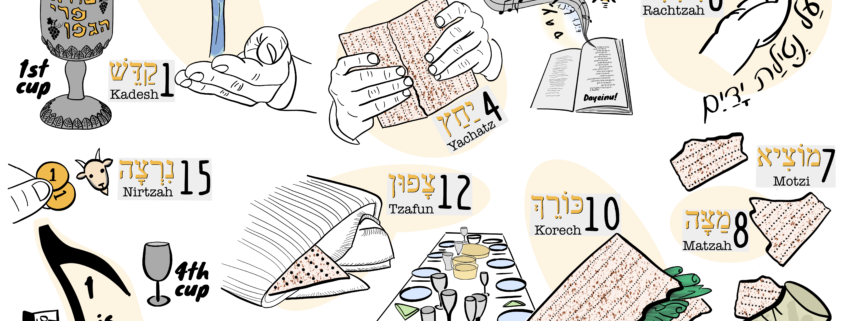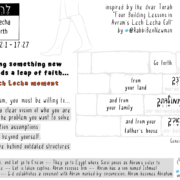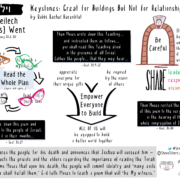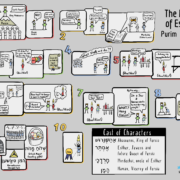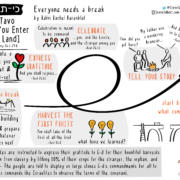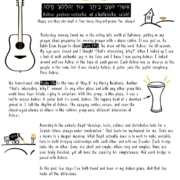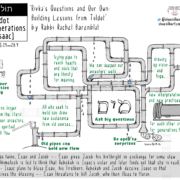Resources for Pesach in a Time of Quarantine
It may be hard to imagine a seder during sheltering-in-place or quarantine. But the Passover seder is a home-based ritual that can be meaningful even when one is homebound. Even the possibility of a solitary seder isn’t new: Talmud teaches that if one is alone at Pesach, one should ask the Four Questions of oneself. Whatever we do this year won’t be “the same” as the kind of seder most of us are used to, but nothing about this year is the same as usual. Maybe the very strangeness of this year’s seder can help us experience the spiritual dynamics of the Pesach journey in a new way. Here are some tools for building this year’s seder:
Building Blocks of the Seder
The core mitzvot of seder are:
- bless juice or wine (and drink four cups, or sips, thereof)
- recount the story of the Exodus in some form
- bless and eat matzah
- assemble a seder plate, and explain its elements
- eat a celebratory meal
- read or sing words of praise (traditional psalms – or contemporary poetry?)
- eat a bite of afikoman (ceremonial matzah to end the meal)
- recline / reflect on freedom
You don’t need a fancy seder plate if you don’t have one on hand; a regular plate is just fine. Here’s a list from the URJ of What Items Go On the Seder Plate. Some also add an orange (representing the inclusion of all genders and sexualities), an olive (representing hopes for peace), a tomato (representing migrant/farm worker safety), and/or other meaningful items.
Blueprints For Your Seder
If you don’t have haggadot at home, here are some free downloadable haggadah options. It’s a good idea to download a haggadah in advance and spend some time with it so you can move through it comfortably when seder time arrives.

- Haggadah Sketchnote from Steve Silbert – A one-page haggadah! You can also purchase a higher-resolution print (among many other things) at the Visual Torah Redbubble store.
- Velveteen Rabbi’s Haggadah for Pesach – This haggadah curated by R’ Rachel Barenblat features classical texts alongside contemporary poetry and illustrations.
- If you’re drawn to a social justice/ tikkun olam lens, T’ruah offers The Other Side of the River, The Other Side of the Sea: A Human Rights Haggadah and American Jewish World Service offers Next Year in a Just World.
- Make Your Own Passover Haggadah at Haggadot.com.
- Seder2020 – “Everything you need for a virtual seder, in one place.”
Of course, the haggadah is only a roadmap. Your internal spiritual journey will be shaped by you.
A Ritual to Close the Week, Too
Here’s a resource for celebrating a different kind of seder on the seventh day of the holiday (rather than the first or second):
- Seder for the Seventh Night by Rabbi Evan J. Krame
If you experiment with a seventh night seder, we hope it will help you feel that you’ve “come through the sea” and are able to sing out in praise on the other side.
Not Like Other Nights
This year is not like any other year. Whatever seder is for each of us this year, it will probably not be what we’re accustomed to. We trust that the ritual will still hold meaning, even though (or maybe especially because) we’re experiencing it in an unprecedented way. What does it mean to recount the tenth plague in a time of quarantine? What does it mean to seek to experience spiritual liberation at a time when many of us may feel “bound” by anxiety or illness or circumstance? What does it mean to celebrate Pesach meaningfully if we are home alone? We look forward to hearing your answers to these questions as the holiday unfolds this year.

